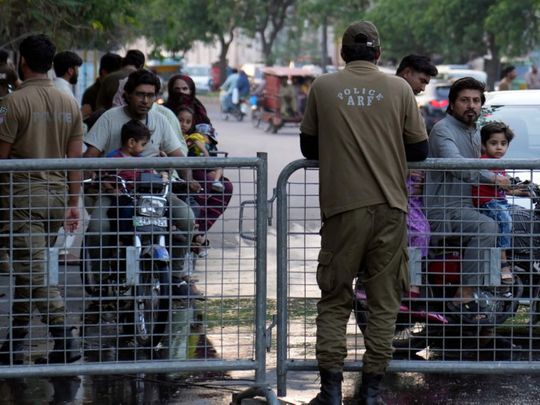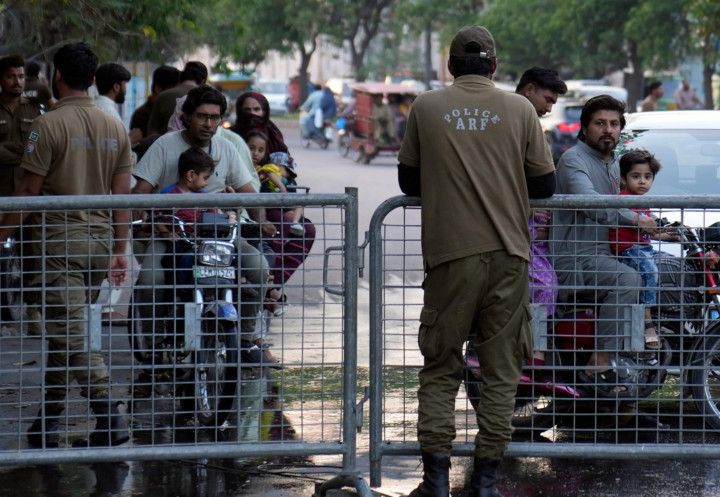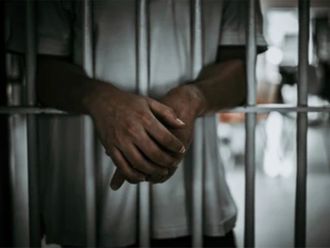
LAHORE, Pakistan: Former Pakistan premier Imran Khan, who’s embroiled in a standoff with the government and military, was summoned to appear on May 23 by the National Accountability Board as part of its corruption investigation.
Earlier Friday evening, Khan said he won’t comply with a request from authorities to vacate his residence so they can do a thorough search for those accused of attacking military facilities during protests last week.
Authorities had earlier searched his residential compound after Khan, 70, defied a Thursday deadline to hand over dozens of people accused of being involved in the violence sparked by his arrest on May 9.
Khan has denied sheltering anyone involved in the violence and said a search could only be conducted by a panel set up by a high court, with members form both the government and his party - and on the condition that a female officer accompanies them.
“They first said that there were terrorists (inside), but then they said that there were wanted men,” Khan told reporters.
“I asked them, they could come and see inside if there was any wanted men, but they said they wanted to search my home, which I couldn’t allow,” he said.
“If they have to search, it will be under a court order, like it said earlier, that there will be persons from both sides with a woman included.” He said he feared police, unsupervised, could plant weapons.
Amir Mir, information minister of the province of Punjab, of which Lahore is the capital, earlier told Reuters that police would only start a search after agreeing on conditions with Khan.
Latest tussle
The standoff is the latest in a tussle between former cricket star Khan, 70, and the powerful military that has deepened political instability in the South Asian nation of 220 million.
Pakistan also faces its worst economic crisis in decades, with critical IMF funding needed to avert a balance of payment crisis delayed for months.
Khan’s home is in the Zaman Park neighbourhood of Lahore and was the site of pitched battles in March between his supporters and police who had tried to arrest Khan for not showing up in court.
Khan was eventually arrested on May 9 on graft charges, which he denies, and released on bail that expires this month.
His arrest triggered a wave of violence by supporters who attacked government buildings, public properties and military installations, including its headquarters and the house of a military commander in Lahore.
Mir said there were no plans to rearrest Khan.
Lahore police chief Bilal Kamyana said police had arrested 14 suspects involved in the attack on the commander’s house as they tried to escape Zaman Park.
A government statement said the team handed over all the evidence about the suspects to the administration of Zaman Park.
It said a list of 2,200 suspects involved in the violence was also handed over to Khan.
Analysts said a search of Khan’s house could trigger further unrest.
On Thursday, Khan’s aide, Iftikhr Durrani, allowed journalists into some areas of the home to “look for terrorists”.
Mir said they were given very limited access and could not account for the whole property.
Khan said he was worried what police would do if allowed to search his home without a court order.













